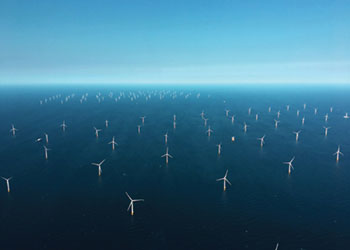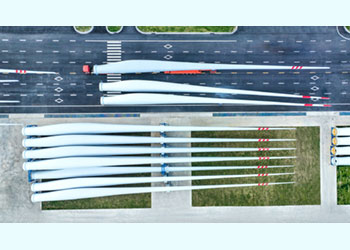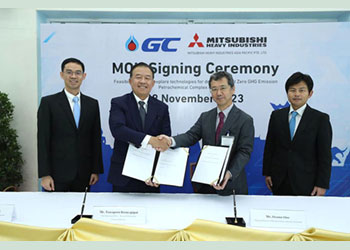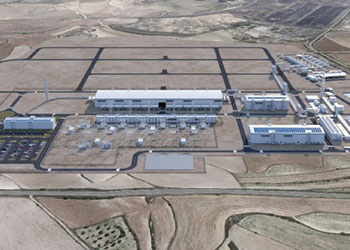
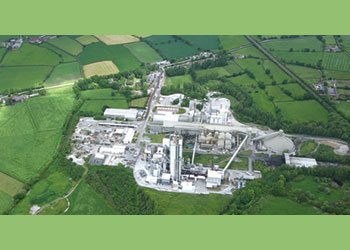
Worley, in collaboration with Mitsubishi Heavy Industries (MHI) Group, has been chosen to carry out a front-end engineering and design (FEED) project for Heidelberg Materials UK.
This project aims to establish a pioneering carbon capture facility at Heidelberg Materials' cement works in Padeswood, North Wales.
It will be the UK's first facility of its kind and will be instrumental in reducing carbon emissions in the cement industry.
The FEED contract was secured by Worley and MHI through a competitive tender process.
The partners have worked together collaboratively on several carbon capture projects and previously completed a pre-FEED project for Padeswood.
The FEED project stage will support Heidelberg Materials with securing UK government approval, achieving a positive final investment decision and enabling the EPC stage to commence in the first quarter of 2025.
Marino Barbi, Worley’s Senior Vice-President UK, said, “We are delighted to have been selected by Heidelberg Materials UK for their Padeswood CCS FEED project. Securing this contract is not only testament of the strength of our relationships with Heidelberg Materials UK and MHI but also reflects our execution of the pre-FEED and our team’s expertise in delivering FEED services for first of a kind CCUS facilities. Padeswood is a landmark project in the UK’s decarbonisation strategy and aligns with our commitment to contributing to a more sustainable world.”
Cement is an essential building material for global construction, but its production is highly carbon intensive, and not easily abatable by low CO2 or renewable energy sources. This means carbon capture and storage is key for reducing these emissions.
Simon Willis, CEO, Heidelberg Materials UK, said: “This is a decisive next step in our plans to install carbon capture technology at our Padeswood cement works. Once operational, it will provide net zero building materials for major projects across the country, enabling us to help decarbonise the construction industry and meet our ambition to become a net zero business.”
The Padeswood project has been selected as a Track 1 capture project by the UK Government and is a key establishing project within the HyNet industrial cluster. Once operational, it is anticipated to capture up to 800,000 tonnes of CO2 annually, the equivalent of taking 320,000 cars off the road and will play a crucial role in the decarbonisation efforts of the UK cement industry.
Worley’s team will carry out the work through its local teams based in London, Manchester, Aberdeen and Glasgow supported by Worley’s broader global team of carbon capture experts.
Kenji Terasawa, CEO and Head of Engineering Solutions at MHI adds "The cement industry is ‘hard to abate’, because CO2 emissions cannot be avoided in the production process. Heidelberg Materials UK has committed to reaching net zero carbon by 2050 and will be deploying our proprietary carbon capture technology, the Advanced KM CDR ProcessTM to tackle this challenge - leading the way in the UK’s cement industry. We are proud to contribute to the effort on this commitment through the Padeswood CCS project.”







































































